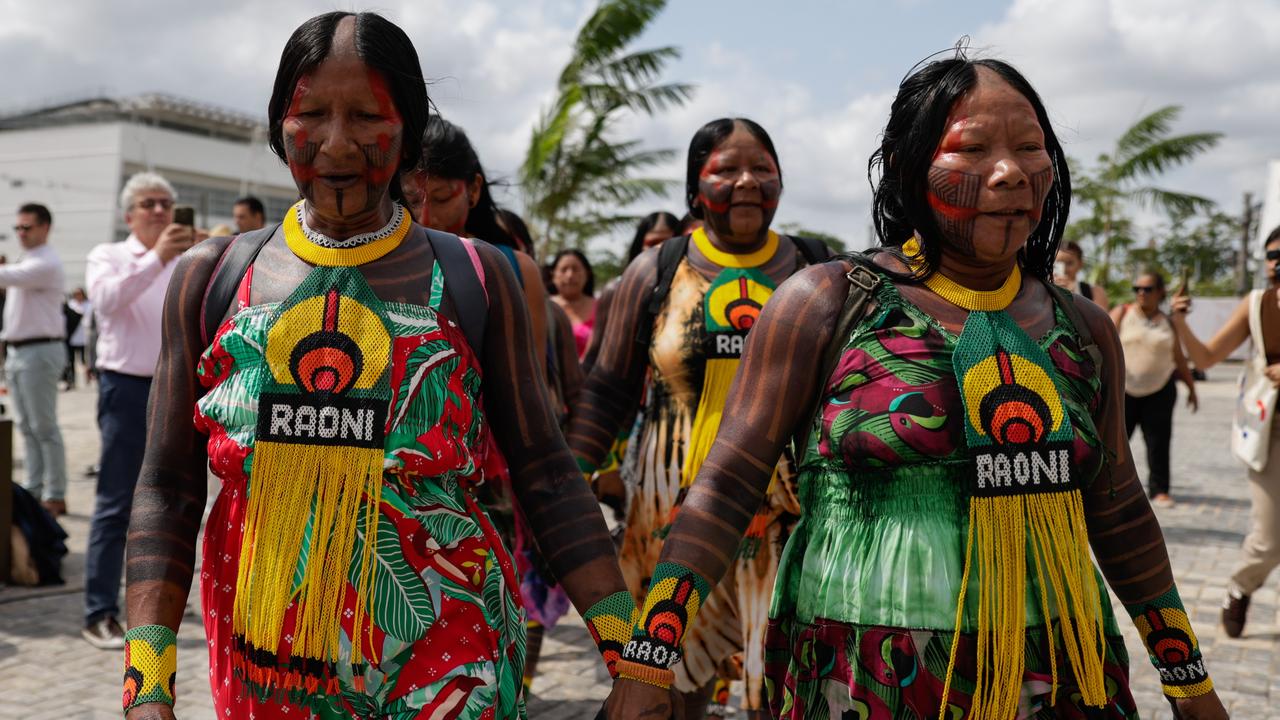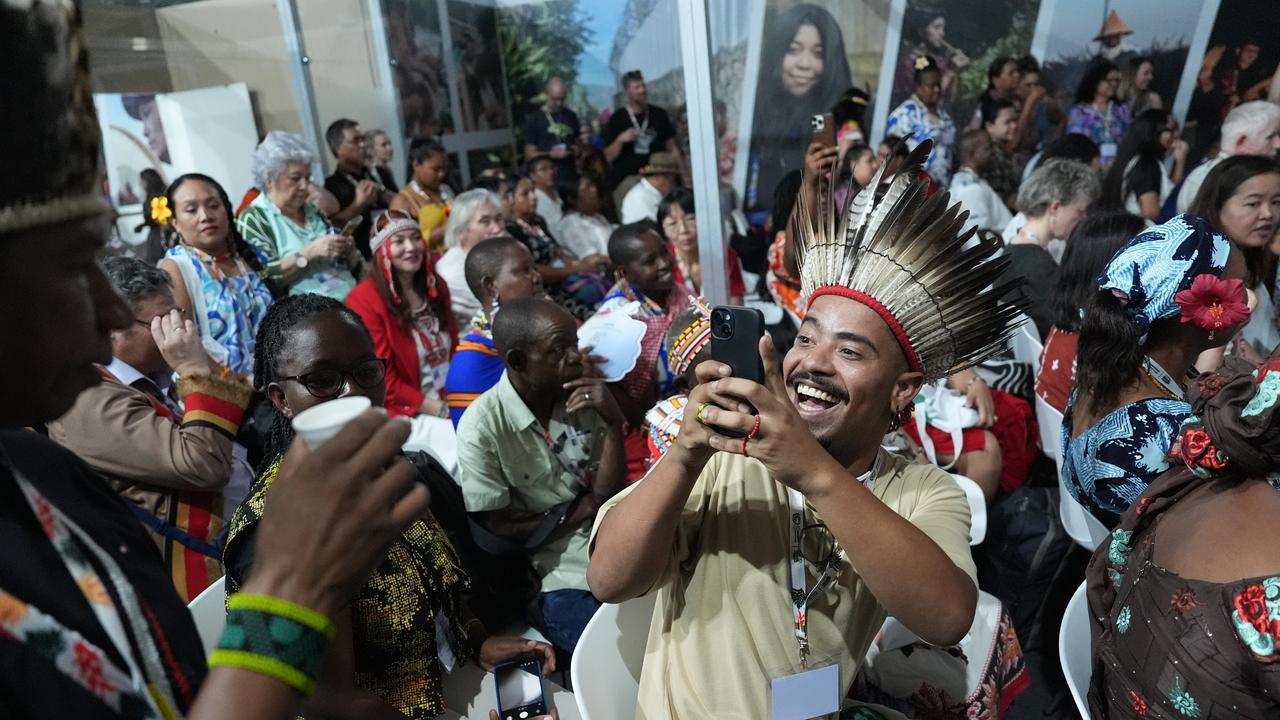
The COP30 climate summit has opened with the UN climate chief urging countries to cooperate, as a fracturing international consensus limits efforts to rein in global warming.
Host country Brazil brokered a deal on the agenda for the two-week summit in the Amazon city of Belem, deflecting attempts by developing-country negotiating blocs to shoehorn contentious issues like climate finance and carbon taxes into the talks.
It was unclear whether countries would aim to negotiate a final agreement for the end of the event – a hard sell in a year of fractious global politics and US efforts to obstruct a transition away from fossil fuels.
Some, including Brazil, have suggested that countries focus on smaller efforts that do not need consensus, such as tackling deforestation, after years of COP summits making lofty promises only to leave many unfulfilled.
“In this arena of COP30, your job here is not to fight one another – your job here is to fight this climate crisis, together,” UN Climate Change executive secretary Simon Stiell said.
He said three decades of UN climate talks had helped to bend the curve in projected warming downward.
“But I am not sugar-coating it. We have so much more work to do,” he said.
A new UN analysis of countries’ emissions-cutting plans estimated that global greenhouse gases would decrease 12 per cent by 2035 from 2019 levels, improving on an earlier estimate of 10 per cent published last month.
The new figure takes into account the most recent pledges, including those from China and the EU.
But it was still short of the 60 per cent emissions drop needed by 2035 to limit global warming to 1.5 degrees Celsius above pre-industrial temperatures – the threshold beyond which scientists say climate change would unleash far more severe impacts.
Brazilian President Luiz Inacio Lula da Silva warned against interests trying to obscure the dangers of climate change.
“They attack the institutions, the science, the universities,” he said.
“It’s time to impose another defeat to denialists.”
The world’s biggest historical emitter of greenhouse gases – the United States – opted to skip the summit; US President Donald Trump falsely asserts that climate change is a hoax.
California Governor Gavin Newsom and New Mexico Governor Michelle Lujan Grisham were expected in Belem on Tuesday.
“What the hell is going on here?” Newsom said of the US government’s absence from the talks, addressing a global investors summit held on Monday in Sao Paulo.
COP30 President Andre Correa do Lago told a news conference: “I think that the absence of the US … has opened some space for the world to see what developing countries are doing.”
Germany said European countries would push for commitments to rein in fossil fuel use – a goal promoted by Lula.
“We will advocate for something strong,” German Vice Minister Jochen Flasbarth told Reuters.
Countries were joined by indigenous leaders, who arrived on Sunday by boat after travelling some 3000 km from the Andes.

They are demanding more say in how their territories are managed as climate change escalates and industries such as mining, logging and oil drilling push deeper.
“We want to make sure that they don’t keep promising, that they will start protecting, because we as indigenous people are the ones who suffer from these impacts of climate change,” said Pablo Inuma Flores, an indigenous leader from Peru.
Scientists at dozens of universities and international science institutions sounded an alarm over the world’s thawing glaciers, ice sheets, and other frozen spaces.